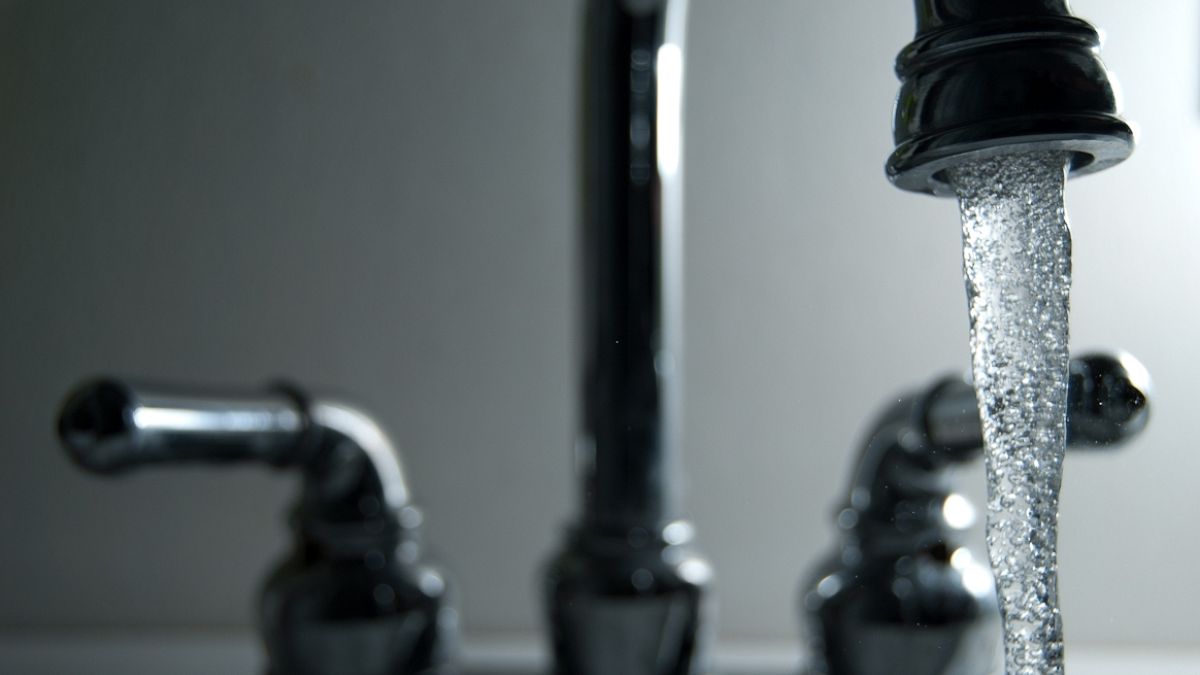At first glance, the small town of Etais-La-Sauvin, some 200 kms south of Paris, is your typical French village — except that soil pollution has deprived its inhabitants of drinkable running water for more than two years.
At first glance, the small town of Etais-La-Sauvin, some 200 kilometres south of Paris, is your typical French village — except that soil pollution has deprived its inhabitants of drinkable running water for more than two years.
Etais is not alone. Several other villages in that part of the Bourgogne region have also been affected, but none for quite so long.
Instead, the 700 inhabitants have to be provided with bottles of mineral water to drink, cook and wash.
Dominique Schlestraete, the owner of the village's only restaurant, had to buy hundreds of bottles each month to meet his business' needs. Angry, he eventually stopped paying taxes linked to the water supply.
"I'm happy to pay for what I consume but not taxes as long as the water is not drinkable," he said.
He has since been told his water supply, which he can't use, will be cut.
'We lost a lot of time'
The Regional Health Authority (ARS) had been closely monitoring Etais's running water for years when it decided in 2016 to ban inhabitants from using it after high levels of pesticides, such as metazachlor — a herbicide used to control a wide range of weeds in crops — were detected.
The situation was allegedly compounded by local officials who for months hesitated over whether to connect the village's water supply to an intercommunal network deemed more secure.
They eventually acquiesced but "we lost a lot of time" lamented Jacqueline Larose, an ARS engineer.
So now, despite the water having been cleared for consumption weeks ago, authorities have had to extend the ban because of problems with the communal pipes that need to be fixed or changed altogether.
Eric Roblin, Etais's deputy mayor, told Euronews that the situation would be solved this coming autumn once works, which are partially funded by the municipality, are completed.
But the ARS' Larose warned that the issue "goes beyond this area's borders" and that tackling it is a long-term battle due to the French agricultural sector's intensive use of pesticides.
Each year, thousands of residents in France are ordered not to use the water supply due, in large part, to polluted soil. But they remain a tiny fraction of the population.
